Dear Reader,
I hope you're staying well (and at home). If you could use some positivity right now, this roundup includes a piece on practicing optimism during the coronavirus crisis. Here are today's top stories:
Carbon is thought to have formed mainly inside the cores of stars. But a new particle accelerator experiment aims to test a different scenario where the element can be produced more efficiently with the help of neutrons, which are present when stars explode and collide.
Vampire bats have unique friendships. Sometimes well-fed bats regurgitate blood directly into the mouths of hungry companions. New research has tapped into the secrets of how the creatures form these intimate bonds.
As the COVID-19 pandemic continues, behavioral science projects are starting to emerge. One study examines how people are responding to government messaging about the pandemic. Another is trying to identify the most effective means of encouraging individuals to act in ways that will help fight the coronavirus.
Read more about the coronavirus outbreak here.

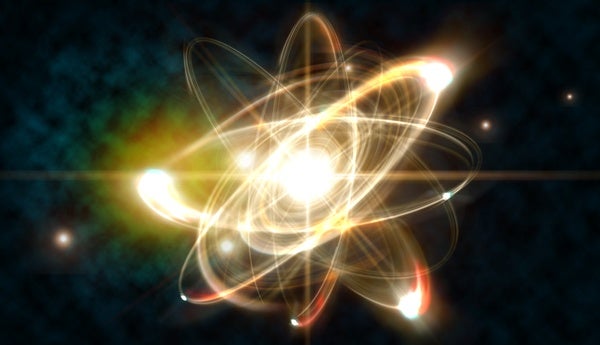


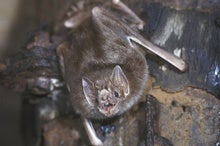

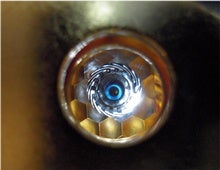

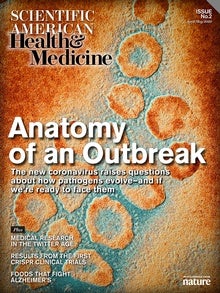

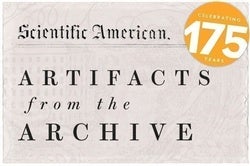
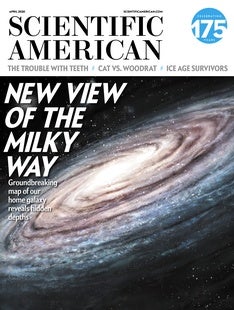

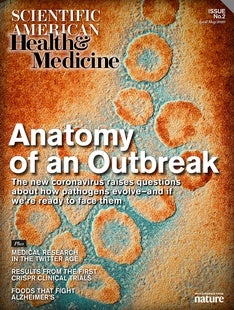
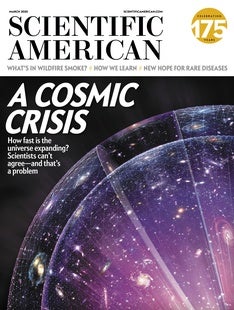
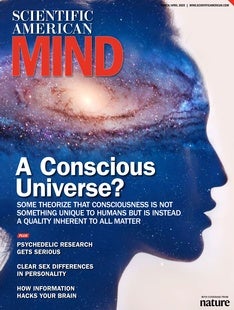



Comments
Post a Comment